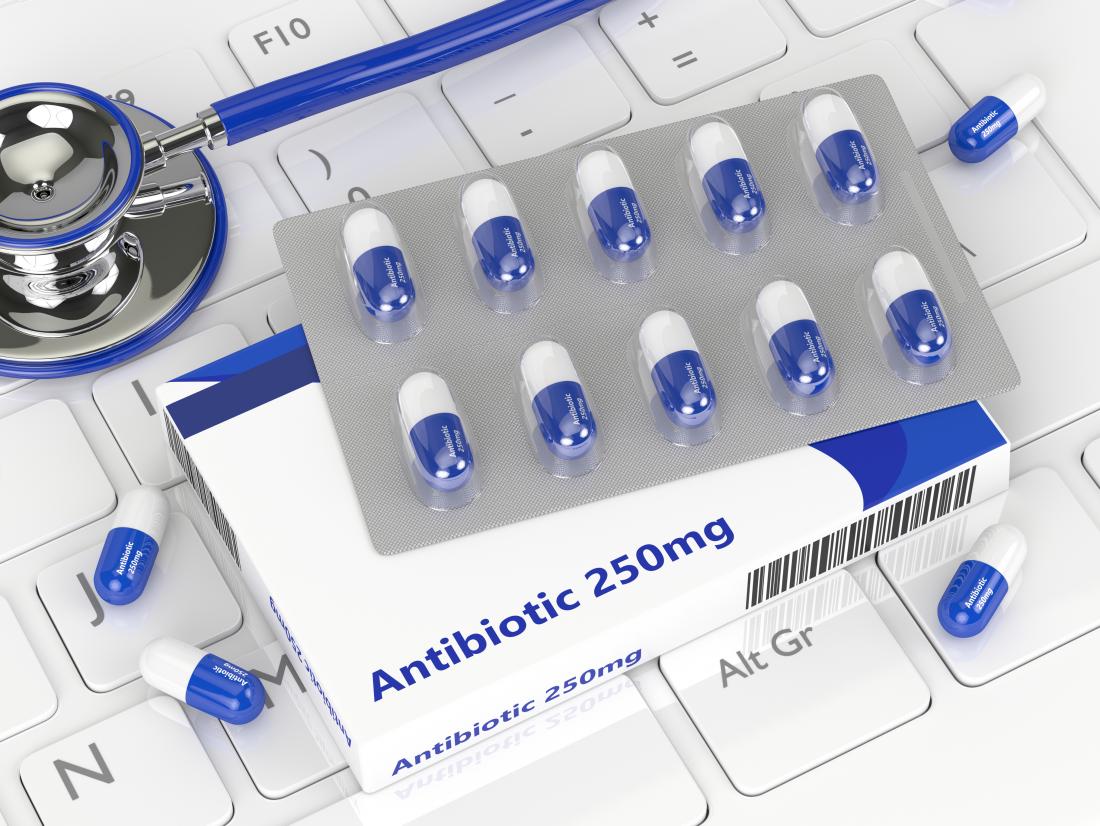Antimicrobial resistance (AMR) is one of the main health concerns around the world within the present century.
The primary World Health Organization (WHO) Global report on surveillance of AMR, published in April 2014, collected primary time data from various national and international surveillance networks, showing how serious this phenomenon is in many parts of the planet.

Introduction:
Antimicrobial resistance (AMR) has emerged together with the principal public health problems of the 21st century that threatens the effective prevention and treatment of an ever-increasing range of infections caused by bacteria, parasites, viruses, and fungi not vulnerable to the common medicines wont to treat them.
The matter of AMR is particularly urgent regarding antibiotic resistance in bacteria. Over several decades, to varying degrees, bacteria causing common or severe infections have developed resistance to every new antibiotic coming to plug. Faced with this reality, the necessity for action to avert a developing global crisis in health care is important.
In 2012, WHO published The Evolving Threat of Antimicrobial Resistance, Options for Action proposing a mixture of interventions that include strengthening health systems and monitoring; improving the use of antimicrobials in hospitals and in communities; infection prevention and control; encouraging the event of appropriate new drugs and vaccines; and political commitment.

Factors contributing to the emergence of Antimicrobial Resistance:
Antimicrobial resistance may be a phenomenon that happens over an extended duration of your time due to continuous exposure to microorganisms to antibiotics. The bacteria evolve in time naturally and become immune to the action of antibiotics.
The inappropriate use of antibiotics might be a result of excessive prescription by the overall practitioner thanks to misdiagnosis of viral symptoms with bacterial ones. Self medication among the masses is additionally a contributing factor. There are many drugs that are easily available with the particular prescription of a medical professional.
The inappropriate use of antibiotics is additionally related to other common behavior patterns, like failure to finish the recommended treatment. Self-medication with antimicrobials nearly always involves unnecessary, inadequate, and ill-timed dosing, creating a perfect environment for microbes to adapt instead of being eliminated.
Prevention and Control:
Use antibiotics once they are prescribed by a licensed medical professional only.
Always follow the recommendation of your healthcare provider while following an antibiotics course.
Never share or use leftover antibiotics.
Try to prevent infection by washing hands regularly, cooking food in hygienic conditions, getting vaccinated etc.
Follow the WHO Five Keys to Safer Food (keep clean, separate raw and cooked, cook thoroughly, keep food at safe temperatures, use safe water and raw materials) and choose foods that are produced without the utilization of antibiotics.

Conclusion:
When infections can not be treated by first-line antibiotics, costlier medicines must be used. an extended duration of illness and treatment, often in hospitals, increases health care costs also because of the economic burden on families and societies.
Antibiotic resistance is putting the achievements of recent medicine in danger. Organ transplantations, chemotherapy, and surgeries like cesarean sections become a lot more dangerous and painful without effective antibiotics for the prevention and treatment of infections.
Also Read : Uk’s New Rules For Indian Flyers
























